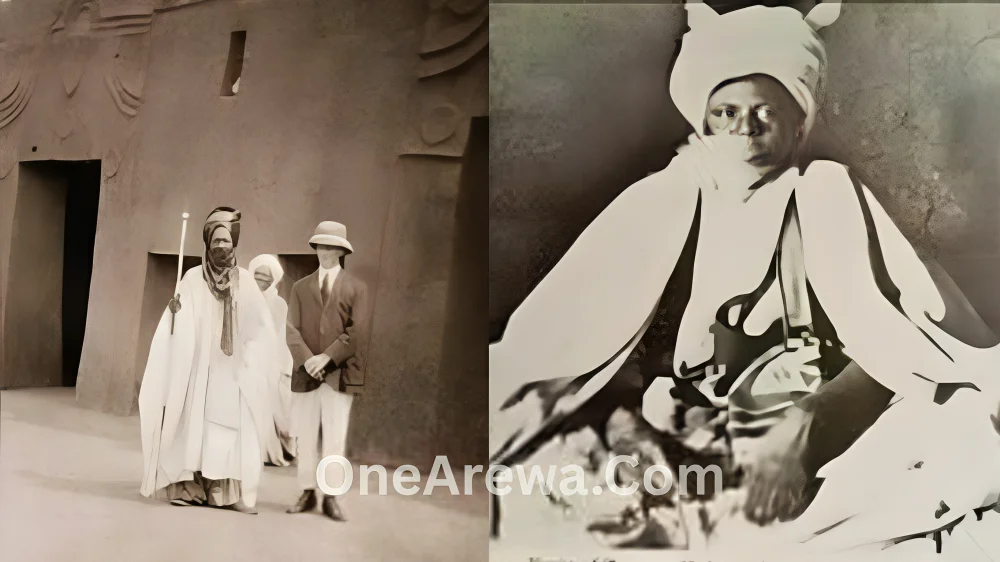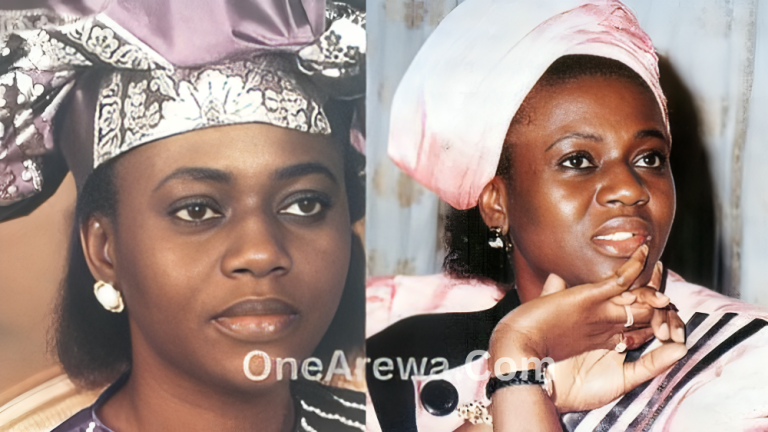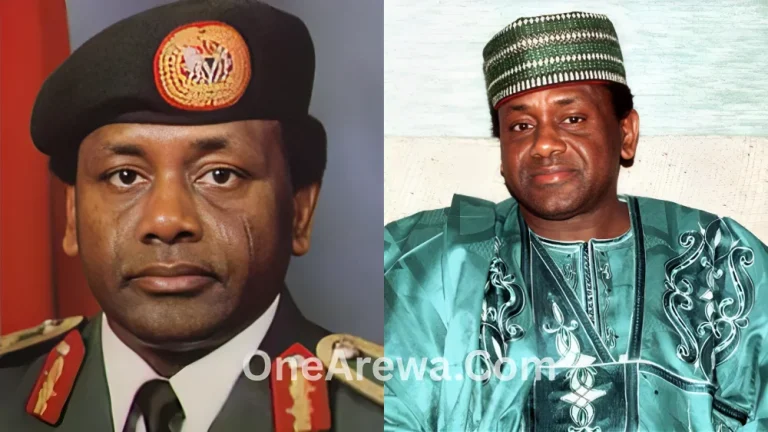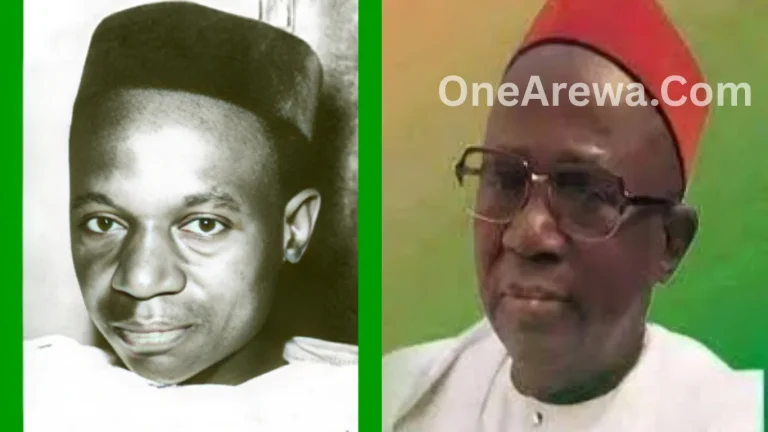Emir Aliyu Dan Sidi of Zazzau (1903–1920): The First Fulani Ruler of Zaria under British Rule and Symbol of Colonial Transition
Emir Aliyu Dan Sidi of Zazzau (1903–1920): The First Fulani Ruler of Zaria under British Rule and Symbol of Colonial Transition
Emir Aliyu Dan Sidi of Zazzau (1903–1920) was the first Fulani ruler of Zaria under British colonial rule, marking a significant shift in leadership during the early 20th century.
Installed by the British after the removal of Emir Abubakar in 1902, he officially began his reign in 1903 and ruled until he died in 1920.
Emir Aliyu Dan Sidi served as a crucial bridge between traditional Hausa-Fulani governance and British indirect rule, helping to stabilize the emirate during a time of major political change.
As a member of the Mallawa dynasty, his leadership symbolized the beginning of a new era in Zazzau’s history.
After his death, he was succeeded by Emir Ibrahim Dan Kwasau, and remarkably, the Mallawa ruling house did not return to the throne until 2020, when Ahmed Nuhu Bamalli became the 19th Emir of Zazzau.
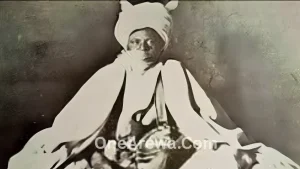
Emir Aliyu Dan Sidi of Zazzau Wikipedia
| Fact | Details |
|---|---|
| Full Name | Malam Aliyu Dan Sidi |
| Title | Emir of Zazzau |
| Reign | 1903 – 1920 |
| Predecessor | Emir Kwasau (deposed by the British) |
| Successor | Emir Ibrahim Dan Kwasau |
| Historical Significance | First Fulani Emir of Zazzau under British colonial rule |
| Colonial Context | Appointed by British after the fall of Zazzau to Lord Lugard’s forces in 1902 |
| Role in Colonial Transition | Symbol of indirect rule and British reliance on traditional rulers |
| Ethnic & Religious Identity | Fulani Muslim |
| Administrative Contributions | Helped integrate British colonial governance with traditional systems |
| Death | 1920 |
| Legacy | Seen as a bridge between pre-colonial autonomy and colonial governance |
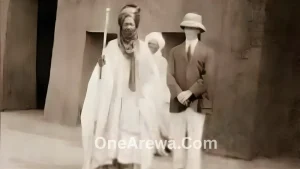
Emir Aliyu Dan Sidi of Zazzau Early Life and Background
Emir Aliyu Dan Sidi was born into the Mallawa ruling dynasty of the Zazzau Emirate, one of the most influential Hausa-Fulani royal families.
He hailed from a noble lineage deeply rooted in the traditional leadership of Zaria, now located in Kaduna State, Nigeria.
Growing up in a culturally rich and politically active environment, Aliyu Dan Sidi was well-versed in Islamic education and Hausa traditions.
His early exposure to leadership and governance prepared him for the monumental role he would later assume.
His appointment as Emir came during a pivotal period in Nigerian history, following the British conquest of the northern territories and the introduction of indirect rule, a system that required traditional leaders to serve as intermediaries between the colonial government and the local people.
Emir Aliyu Dan Sidi of Zazzau Rise to Power: A New Era under Colonial Rule
Emir Aliyu Dan Sidi ascended to the throne in 1903, following the fall of the Hausa kingdoms to British colonial forces.
This marked the beginning of a new era for the Zazzau Emirate as it transitioned from a traditional Hausa kingdom to a protectorate under British colonial rule.
Aliyu Dan Sidi’s reign began under the system of indirect rule, where he was appointed by the British to govern on their behalf while retaining certain cultural and administrative responsibilities.
His rise to power was significant not only because he was part of the Mallawa ruling house, but also because he became the first Fulani emir to rule Zaria under British control.
His leadership helped bridge the gap between the old Hausa governance system and the new colonial framework, symbolizing a complex balance of tradition and modernity during the early years of British colonial administration in the region.
Emir Aliyu Dan Sidi of Zazzau Leadership and Administration (1903–1920)
Emir Aliyu Dan Sidi ruled the Zazzau Emirate from 1903 to 1920, a critical period marked by the establishment of British colonial rule in Northern Nigeria.
As the first Fulani emir under British indirect rule, he played a central role in aligning traditional governance with the new colonial structure.
His administration worked closely with British colonial officers to implement taxation systems, reorganize local leadership hierarchies, and maintain order in the emirate.
Despite being under colonial authority, Emir Aliyu preserved many Hausa-Fulani cultural traditions and Islamic practices, reinforcing the emirate’s social structure while adapting to the demands of the new era.
His leadership was instrumental in maintaining relative stability and cooperation between the indigenous population and the British administration during a time of profound political transition.
Check Out: Shehu Usman Dan Fodio: The Islamic Scholar Who Founded the Sokoto Caliphate (1754–1817)
Emir Aliyu Dan Sidi of Zazzau Legacy and the End of an Era
Emir Aliyu Dan Sidi’s reign (1903–1920) marked a defining moment in the history of Zazzau, bridging the pre-colonial and colonial periods as the first Fulani emir to rule under British colonial authority.
His leadership laid the foundation for indirect rule in Northern Nigeria, where traditional rulers worked with colonial administrators to govern.
Though his influence was constrained by colonial policies, his reign symbolized resilience, adaptation, and continuity of Hausa-Fulani Islamic heritage.
His death in 1920 ended an era of pioneering leadership, but his legacy endured through the administrative structures and traditional systems he helped preserve during a period of radical change.
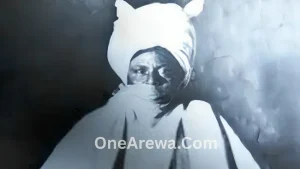
FAQs
1. Who was Emir Aliyu Dan Sidi of Zazzau?
Emir Aliyu Dan Sidi was the first Fulani ruler of Zazzau under British colonial rule. He reigned from 1903 to 1920, after being appointed by the British following the defeat and deposition of the Hausa Emir Kwasau.
2. Why is Emir Aliyu Dan Sidi considered a symbol of colonial transition?
He was appointed by the British as part of Lord Lugard’s indirect rule system, making him a symbol of the shift from Hausa self-rule to colonial governance. His reign represented a strategic alliance between British authorities and Fulani aristocracy.
3. What was his significance in Zazzau’s history?
Emir Aliyu Dan Sidi’s reign marked the start of Fulani dominance in Zaria’s traditional rulership, aligning Zazzau’s emirate system with British colonial interests. This era laid the foundation for modern administrative structures.
4. What challenges did Emir Aliyu face during his reign?
He had to navigate between traditional authority and colonial demands, serving both as a local leader and as a colonial intermediary. Balancing loyalty to the British while maintaining respect among his people was a constant challenge.
5. How long did Emir Aliyu Dan Sidi rule Zazzau?
He ruled for 17 years, from 1903 to 1920, until his death.
6. Who was his predecessor and why was he removed?
His predecessor was Emir Kwasau, a Hausa ruler who resisted British incursion. He was deposed in 1902 after the British conquest of Zaria.
7. Who succeeded Emir Aliyu Dan Sidi?
He was succeeded by Emir Ibrahim Dan Kwasau in 1920.
8. Where is the Zazzau Emirate located?
The Zazzau Emirate is based in Zaria, Kaduna State, in northern Nigeria. It is one of the original Hausa city-states and holds significant historical and cultural importance.
In conclusion
Emir Aliyu Dan Sidi of Zazzau (1903–1920) stands out as a pivotal figure in the history of Northern Nigeria.
As the first Fulani ruler of Zaria under British colonial rule, his reign marked a turning point in the political and traditional landscape of the region.
Appointed during the British conquest, he became a symbol of colonial transition, bridging the old Hausa leadership with the new order of indirect rule.
His leadership not only solidified Fulani authority in Zazzau but also set the tone for future governance under foreign influence.
Despite the complexities of serving both colonial and traditional interests, Emir Aliyu Dan Sidi’s legacy remains influential in understanding how modern Zaria and the broader Hausa-Fulani political identity evolved during the early 20th century.
Check Out: General Ibrahim Badamasi Babangida: Nigeria’s Military Leader and Head of State (1985–1993)
Check Out: General Abdulsalami Abubakar: The Military Leader Who Brought Back Democracy to Nigeria (1998–1999)
